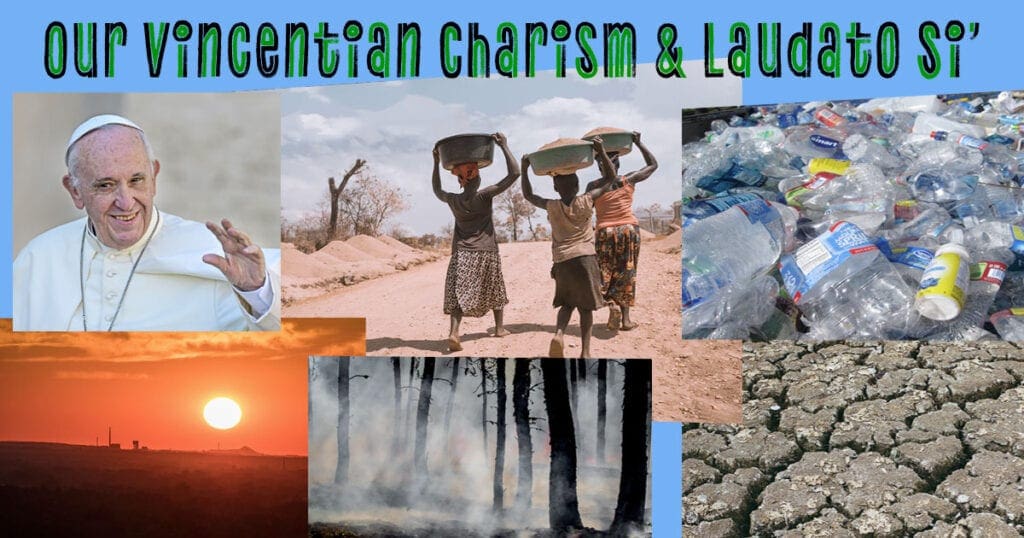In September of 2015, five months after the publication of Laudato Si, his second encyclical, Pope Francis toured the United States and offered Mass at Madison Square Garden in New York City. After the Dismissal, the thousands of gathered faithful roared in adulation that, historically, has been reserved for the (rare) great New York Knicks teams and Billy Joel. Minutes later, when the applause quieted, the Holy Father asked all in attendance to pray for him. His Holiness’ humility is felt in the reading of Laudato Si as he frankly and skillfully diagnoses the social ills of our world from the perspective of the most marginalized.

Laudato Si describes the integral relationship the many crises facing our world share. Today, even more than in 2015, all of Creation feels the impact of Climate Change. Notably, the nations and communities suffering the most devastating effects of climate catastrophes are largely the poorest and most marginalized among us; those who have benefitted the least from our global emissions glut. Pope Francis also writes of another crisis, the globalization of indifference, which he argues rises in correlation with what he often refers to as “throw-away culture”, consumerism.
We can see how indifference contributes to and grows from rampant inequality, environmental degradation, and consumerism. The sense that our challenges are too great to overcome has manifested itself in a sense of helplessness. That helplessness keeps us from action. Inaction only makes our problems more difficult to solve. Indeed, this cycle has bred and nurtured a cold hopelessness in many of us.
Before Pope Francis, Blessed Frédéric Ozanam had a similar sense of his time and place: “The world has gone cold, it is for us Catholics to rekindle the vital fire which has been extinguished”. It is the work of all of humanity to rekindle the “vital fire” and to rid indifference from our hearts. For answers, I suggest we first reflect on the questions posited by Pope Francis in Laudato Si:
What is the purpose of our life in this world? Why are we here? What is the goal of our work and all our efforts? What need does the earth have of us? It is no longer enough, then, simply to state that we should be concerned for future generations. We need to see that what is at stake is our own dignity. Leaving an inhabitable planet to future generations is, first and foremost, up to us. The issue is one which dramatically affects us, for it has to do with the ultimate meaning of our earthly sojourn. [160]
If we are to survive the crises we face, we must do the work Pope Francis describes above. In grappling with these big questions and living the answers that spring forth from us, we experience spiritual transformation. An action plan, if you will, for our “earthly sojourn.” When we bring these questions to our communities and live their answers together, we plant roots for a culture of peace to take hold.
Owen Smith
Assistant Director
Office of Peace, Justice and Integrity of Creation
Sisters of Charity of New York
The Vincentian Charism and Laudato Si’ is our effort to share various ways that Vincentians find their charism connects with Laudato Si’. We encourage your comments on these posts and welcome anyone interested in submitting an article to email Jim Paddon at jpssvp@hotmail.ca.







0 Comments